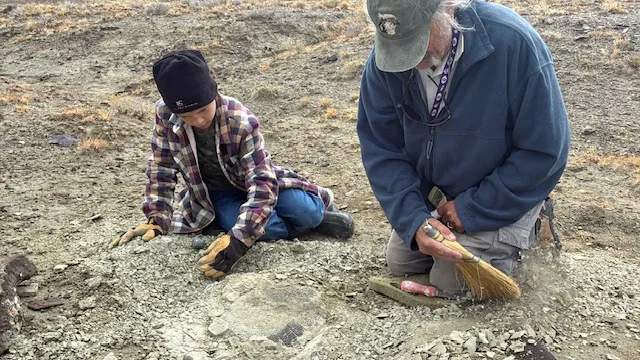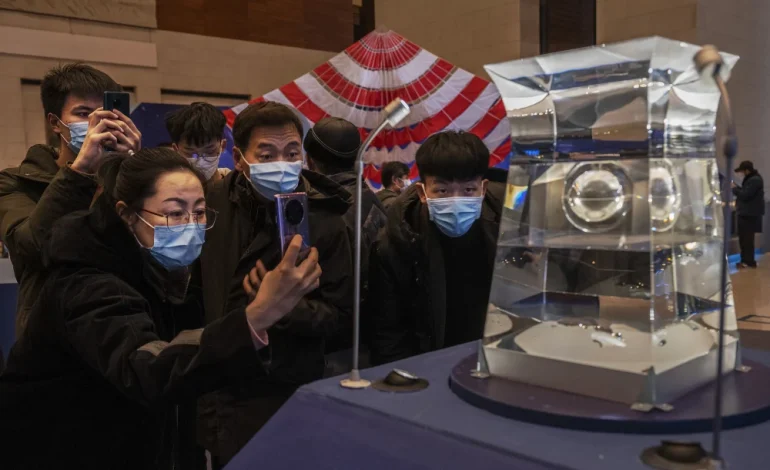In a rare move signaling ongoing cooperation amid broader geopolitical tensions, China has announced it will allow scientists from several countries — including the United States — to study lunar samples retrieved during its 2020 Chang’e-5 mission.
Among the selected institutions are Brown University and the State University of New York at Stony Brook, both of which receive funding from NASA.
The announcement, made by the China National Space Administration (CNSA) on Thursday, marks a notable exception to the general decline in US-China collaboration in recent years, especially in the context of ongoing trade disputes and national security concerns. The inclusion of US institutions is especially significant given the 2011 US law that restricts NASA from engaging in direct cooperation with China or Chinese-owned entities without congressional approval.
Despite these limitations, NASA Administrator Bill Nelson previously confirmed that discussions had taken place with CNSA over access to the samples, and that NASA was working with the FBI to ensure any collaboration complied with security protocols. Four US universities applied for access, and two were ultimately approved.
The Chang’e-5 mission made China only the third country to collect moon samples, following the Soviet Union and the United States. These samples are of particular scientific interest due to their relatively young age compared to those brought back by earlier Apollo missions, potentially offering new insights into the Moon’s geological history.
In total, seven research institutions from six countries were selected to study the samples, including universities and agencies in Japan, France, Germany, the United Kingdom, and Pakistan. The CNSA emphasized that these rocks are a “shared treasure for all humanity,” and said it would continue fostering global partnerships in space science.
CNSA officials also highlighted growing international involvement in their lunar missions, with multiple payloads from foreign countries already featured in Chang’e-4 and Chang’e-6, and more planned for the upcoming Chang’e-7 and Chang’e-8 missions. China aims to use these missions to prepare for a potential permanent manned lunar base by 2035.
The scientific nature of the collaboration appears to be the key to its approval, as experts note that analyzing lunar rock samples carries no significant military value. John Logsdon, former director of the Space Policy Institute at George Washington University, noted the exchange is “very little to do with politics,” and better understood as part of the broader norm of international scientific cooperation.









The latest news in your social feeds
Subscribe to our social media platforms to stay tuned